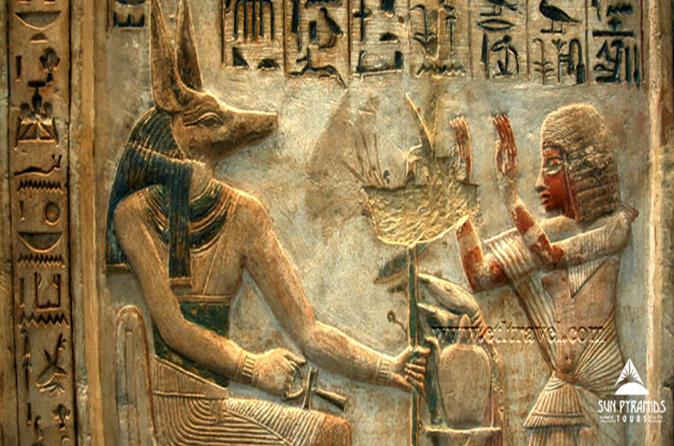More than 5000 years ago, ancient Egyptian civilization flourished for more than 2000 years, according to legend. Many inventions, social and government structuring, and profound architecture have been attributed to this culture.
There were three social classes in ancient Egypt, plus slaves. The upper class, middle class, and lower class were the three classes. The royal family, high priests, rich landlords, and physicians made up the upper class. Merchants, retailers, and professional laborers such as craftsmen made up the middle class.

Finally, the lower class was made up of mostly farmers who worked as unskilled laborers. Scribes were also important people. Scribes will study for a year and a half to perfect their craft. They aspired to be teachers, civil servants, or librarians in the future. These social classes, unlike those that would later arise in Europe and China, could be ascended by hard work or marriage.
With the exception of King Akhenaten, all ancient Egyptians believed in polytheism. Nature deities representing wind, water, sky, plants, and animals were their primary Gods. As cities increased in size, people began to worship local Gods in addition to the main ones. Ptah (Tah), for example, was credited with founding the Egyptian city of Memphis.

In relation to the worship of gods as well as the head of government, a ruler known as the God-King was usually present. The God-King, or pharaoh, was a man or a woman who ruled over Egypt’s united territory.
This role was passed down to me as a birthright. The pharaoh was assisted by counselors known as Viziers, who acted as judges, mayors, and even tax collectors. They used a barter system because they didn’t have a money system, so grains were used as common trade items. Egypt was also divided into 42 distinct providences known as nomes, which were administered by nomarchs.
The Egyptians were the first civilization to create a fully functioning civil government. The Egyptians are also credited with inventing the first functional papyrus paper (unlike that later developed in China), the first 365-day solar calendar used to forecast Nile River floods, ink, and hieroglyphics, the first portable writing system.


Comment (0)